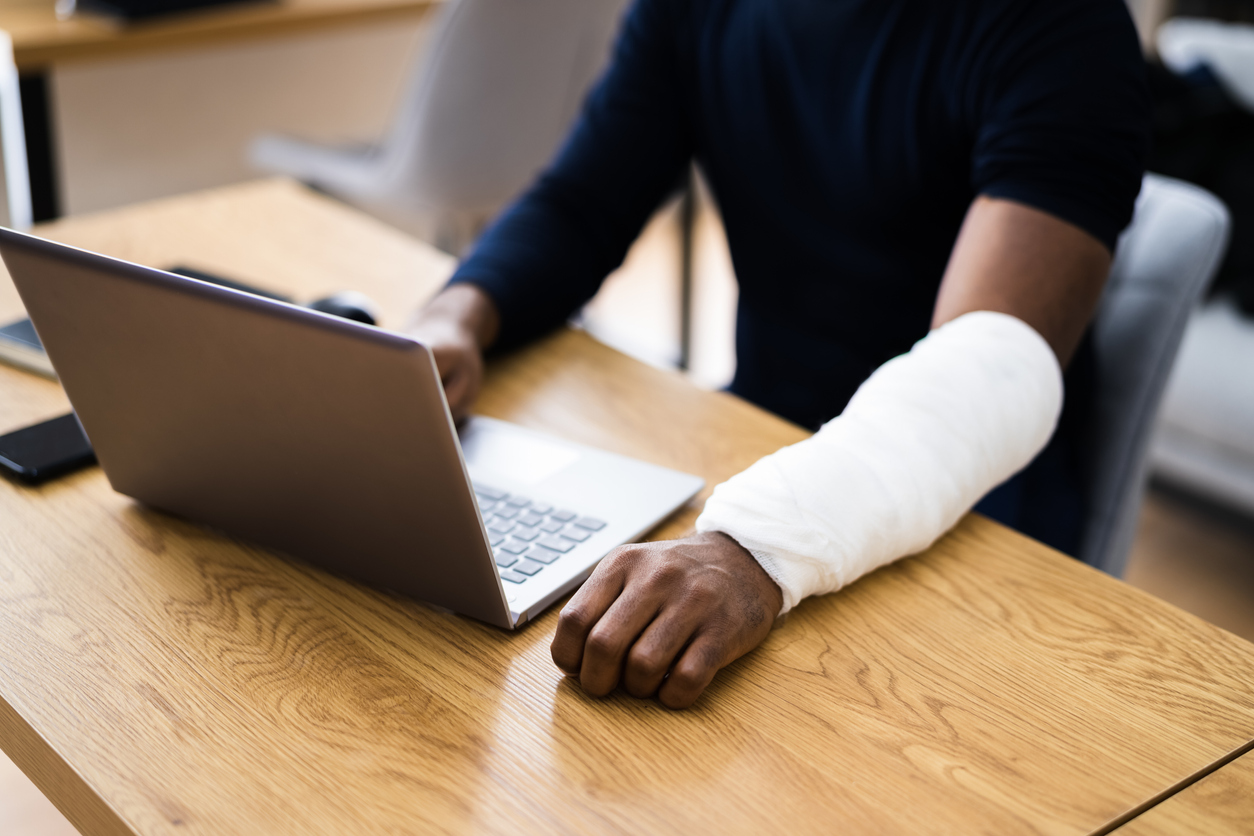People can sustain harm in numerous ways, from car accidents to assaults. Sometimes, corporate entities bear responsibility for these incidents, such as when careless employees or negligent security are involved.
If you suspect that a business is liable for your injuries, it’s essential to consult a resourceful and experienced personal injury attorney. Taking legal action against a company can involve complex issues. However, a lawyer will help you navigate the process and maximize your chance of a fair outcome.
Here’s what you need to know if you file a personal injury claim against a business.
When Can a Business Be Liable For a Personal Injury?
A business entity can be financially responsible for a personal injury in several scenarios. Negligence is the basis of most – but not all – claims.
If you’re suing a business for its negligent actions, you must prove the following elements:
- The entity owed you a duty of care, such as to repair or warn of a hazard on the premises;
- The entity breached its duty by failing to act reasonably under the circumstances and
- The breach directly caused you harm (damages).
For example, a business owner may be negligent if they fail to regularly inspect their property for dangerous conditions, leading to a visitor’s slip and fall accident. The owner could also be accountable for inadequate security, such as if a customer is attacked due to a lack of reasonable security features. These are common kinds of premises liability cases.
However, sometimes, other legal theories will apply. For example, a business entity can be vicariously liable for a negligent employee’s actions. Or, a corporation could be strictly liable if its defective product hurts a consumer (product liability).
What Is the Process of Filing a Personal Injury Claim Against a Business?
Every personal injury matter is unique, with its timeline and steps involved. However, the following will give you a general idea of the claims process.
Seek Prompt Medical Attention
You need to obtain a medical assessment as soon as possible after the incident that injured you. Regardless of how minor you think your injuries are, you should take this step. Doing so will allow you to receive a diagnosis and treatment for any underlying harm.
It will also create a medical record, crucial evidence demonstrating that the accident in question caused your injury.
Consult a Personal Injury Attorney
Many businesses have vast resources – including aggressive defense attorneys – at their disposal. The intent is to limit financial liability, regardless of how unfair it may be. Hiring your own lawyer will level the playing field.
Most personal injury lawyers offer free initial consultations and represent clients on a contingency fee basis. You can receive guidance and obtain legal representation at no upfront cost to you.
Collect Evidence and Assess Damages
You need solid evidence proving that the entity is liable for your damages. The kinds of proof required will depend on the type of case and circumstances involved. Examples include medical records, eyewitness testimony, surveillance footage, and business records.
Additionally, you need to identify and calculate your losses. You may be entitled to economic damages, such as medical bills, lost income, and out-of-pocket expenses. You may also receive compensation for non-economic damages, such as pain and suffering.
However, don’t forget about future losses. For example, you may need ongoing medical treatment or physical therapy. Your quality of life may be permanently diminished due to your injury.
A skilled lawyer will account for the full extent of your damages and ensure you receive the compensation you need now and in the future.
Negotiate With the Business or Its Insurer
After gathering evidence and assessing damages, you (or your attorney) will send a demand letter to the corporation or its insurance company. This document outlines legal arguments, damages, and the compensation you’re pursuing. It also begins the negotiation process.
The recipient will respond by accepting the terms (unlikely), denying liability, or counteroffering. Several rounds of negotiations may be necessary before a settlement is reached.
You may need to file a formal lawsuit if your case doesn’t settle. For example, if the statute of limitations approaches, your attorney will file a formal lawsuit to preserve your legal right to compensation.
File a Personal Injury Lawsuit, If Necessary
Once a lawsuit is filed, the parties can access the discovery process. This allows both sides to evaluate each other’s evidence and the strength of their cases.
You may still reach a settlement agreement any time before the jury renders a verdict at trial. In fact, only around 5% of personal injury cases are resolved in the courtroom.
An Experienced Personal Injury Lawyer Can Help You Sue a Business and Receive a Fair Recovery
If you believe a business is responsible for your injuries and considering suing it for damages, it’s best to retain legal representation. Doing so will protect your best interests and lead to a better result. Contact an experienced personal injury attorney for assistance.

